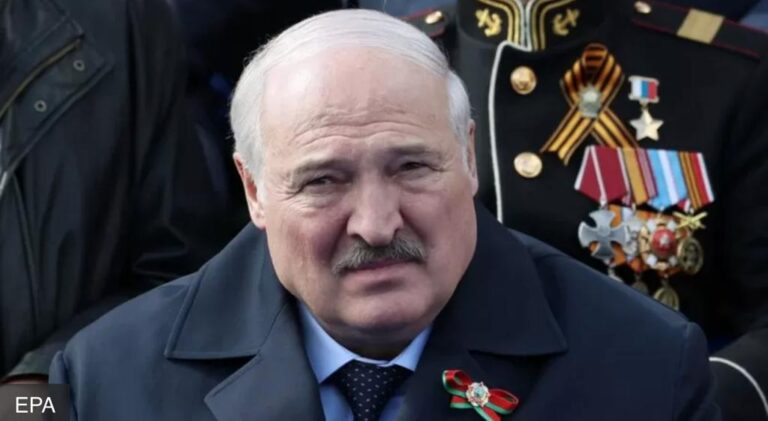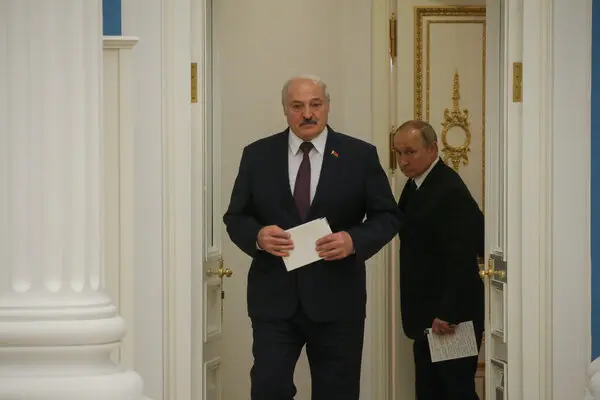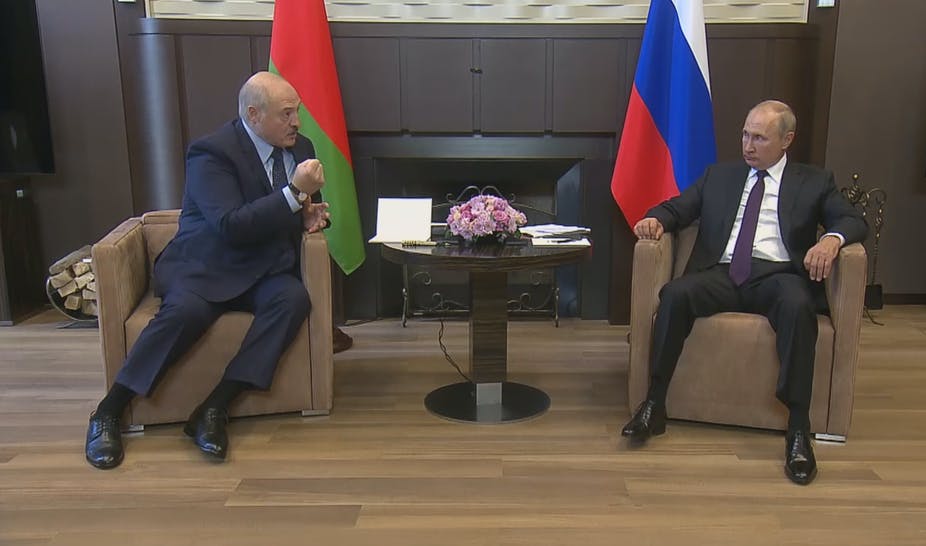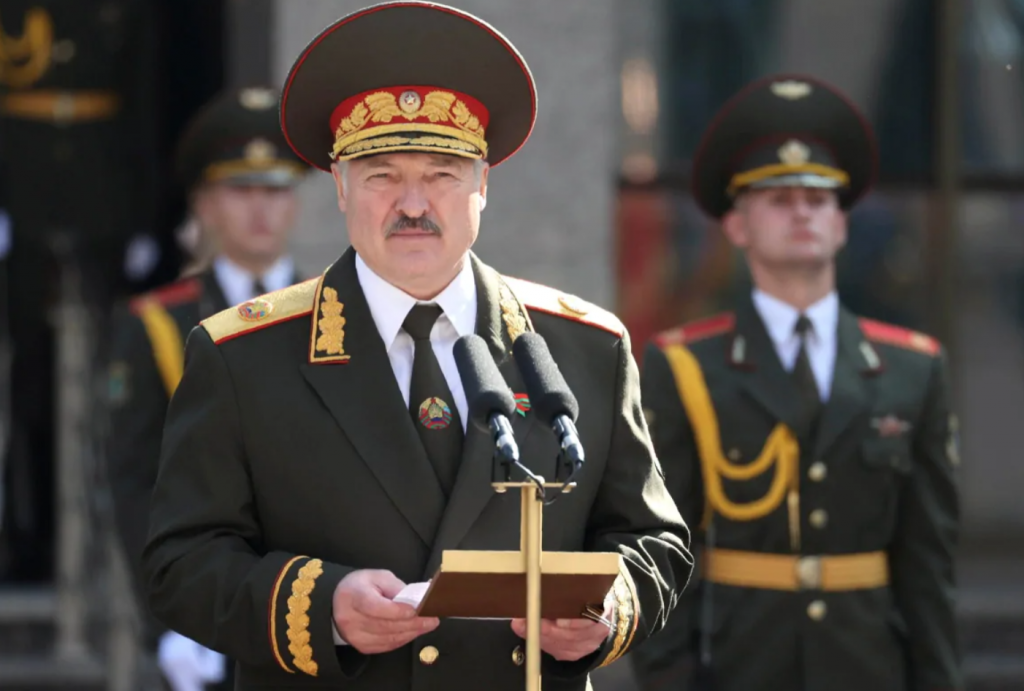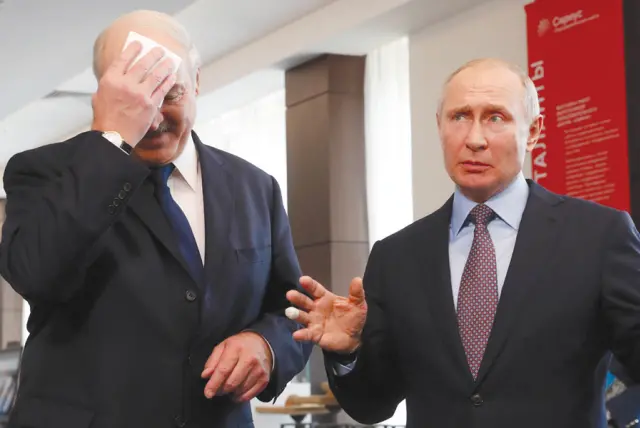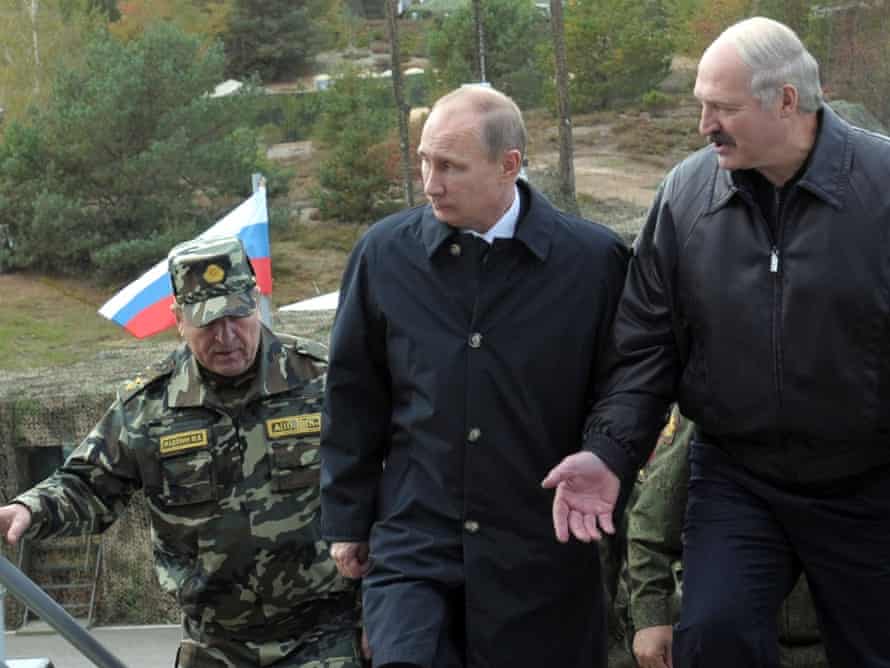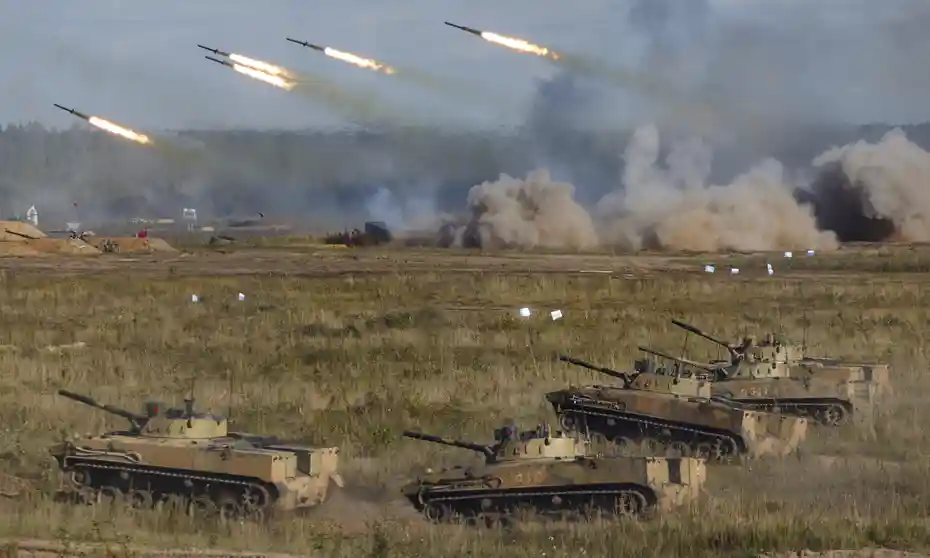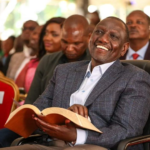Belarus leader Alexander Lukashenko’s health condition may push the Kremlin toward some radical decisions regarding this country. They will thwart a negative scenario for Moscow where the regime in Minsk changes to a non-puppet one.
During the Moscow parade, which Lukashenko chose to attend, his health issues were seen as rather apparent. This raised alarm in the Kremlin, which was immediately picked up by the Russian propaganda media.
According to our estimates, the Belarus leader doesn’t suffer from any major diseases. He does have some problems with his lower limbs as a result of injuries as well as tendon and ligament surgeries on his legs. There are also signs of arthritis and psoriasis. Although these problems affect Lukashenko’s general condition and mobility, they are in no way seen as a potential threat to his power in Belarus.
At the same time, it has long been known that from time to time, Lukashenko exploits his health factor in political maneuvering with Russia. However, the possibility of a sharp deterioration in Lukashenko’s health as a result of an infection or malicious influence can’t be fully ruled out. On Sunday, May 13th, at around 19:00, Lukashenko arrived at the Republican Clinical Medical Center of the Department of Police of the Republic of Belarus, which is located on the banks of the Drozdy reservoir.”
In November 2022, RLI published its findings suggesting that the overthrow of the Lukashenko regime and Russia’s subsequent step to install its puppet leadership is a highly likely scenario that could be implemented in a short-term perspective.
The fact that the Belarusian president rushed back to Minsk, snubbing a Moscow hospitalization option may be an indirect indicator of Lukashenko’s distrust of the Russians.
It is likely that he is concerned about a potential attempt on his life, especially in the wake of the sudden death of his Foreign Minister Vladimir Makei. At the same time, it was suggested that Russian military intelligence might try to implement a scenario involving either an attempt on Lukashenko, or its imitation, all in order to intimidate the latter and coerce him to order his troops to join the Russian war on Ukraine.
Such conclusions were due to Putin’s nervous attitude toward the policy pursued by Lukashenko, who has been trying to keep his distance from the Kremlin and maintain at least minimal independence in decision-making.
According to the sources in the Kremlin, on May 9, Lukashenko’s physical weakness impressed and stirred discussions in Putin’s entourage. This allowed for at least somewhat diluting the background regarding Putin’s own health.
RLI analysts have repeatedly pointed to the high risks of Belarus being fully taken over by Russia. Given the lack of gains in the war with Ukraine, the Kremlin could go for such a scenario to compensate for the failure in Ukraine and continue Putin’s neo imperial policy.
We estimate that Putin will support the scenario if it allows him to show domestic audiences in Russia the success in the revival of the Empire and install a totally puppet regime in Minsk.
The accession of Belarus will also allow Moscow to “advance” to the borders of Poland and the Baltic states in order to put pressure on NATO and the European Union.
Such a move by the Kremlin rules out Lukashenko’s replacement on the top post by a person of his choice, including a family member. Most likely, among the potential picks will be the Minister of Defense, head of the KGB, or another apolitical figure controlled by the Kremlin.
Moscow will undertake efforts to preserve the Belarusian military elite in their positions, but this will require their proactive participation in Russia’s military operations.
It is unlikely that, with Lukashenko’s removal Moscow will be able to maintain the efficiency of their Belarus engagement and control at the current level, especially if the Belarus defense and security forces will be dragged into the war with Ukraine.
Although the military elite may become the core of the country’s power transfer, the Kremlin will likely establish complete control over them by integrating the Belarusian security agencies into the Russian ones as subordinate departments.
It is unlikely that Lukashenko’s attempts to reach agreements on his own immunity and preservation of power will yield any positive result. Putin needs a “small victory” that would partly meet the expectations of the nationalist wing of hawks and Russia’s business elite.


